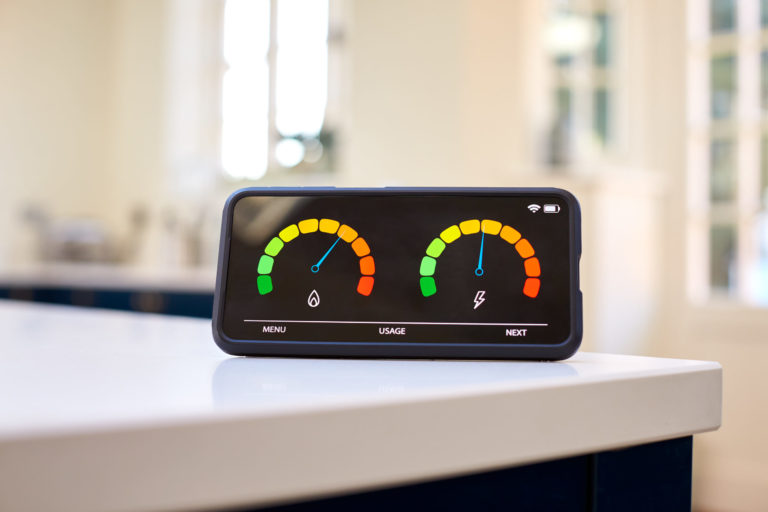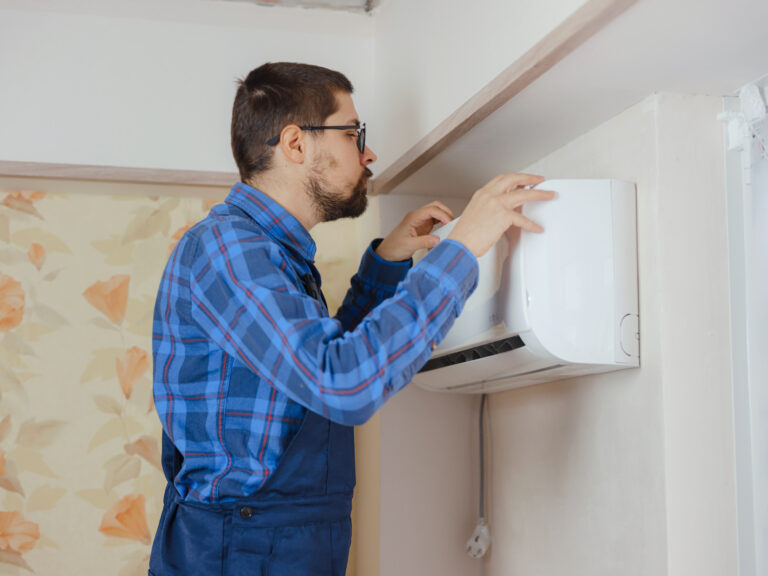A home is unarguably the most significant investment most people make. A home warranty plan is a great way to protect that investment and guarantee the home buyer peace of mind. Many home buyers take out home warranties to mitigate costly, unforeseen repairs. Essentially, it’s a sort of financial protection to cover the costs of home defects that may arise after the sale closes. If you’re unsure what a home warranty covers, keep reading for more information.
Home Warranty Defined

Contrary to popular belief, a home warranty defers entirely from homeowners insurance. Keep in mind that the homeowner’s insurance covers personal belongings and the structure of a home against theft, vandalism, fire, liability claims, and weather. A home warranty refers to a service contract that helps a homeowner cover the repair or replacement costs of components or appliances that break down, fail, or malfunction during the coverage period. In exchange, the homeowner pays the home warranty company a monthly or annual fee. A home warranty may cover boiler and radiant heating repairs, electrical systems, refrigerators, and plumbing. Items not covered in the service contract may attract a set service call fee anytime an issue arises.
What it Covers
As mentioned earlier, a home warranty provider offers discounted repair and replacement services for covered items throughout the coverage period. The home doesn’t necessarily have to be brand new to qualify for comprehensive coverage. You wouldn’t be the first home buyer or homeowner to wonder what a home warranty covers. The type of coverage depends on the company, the area you live in, and the home warranty plan you choose.
For example, home warranty companies in Arizona offer plans that cover both home appliances and components. A home warranty helps cover the costs of repairing or replacing specific household systems and appliances. Home warranty plans can be categorized into three basic plans:
- Appliance Plan: This plan covers household appliances like a washer, dryer, dishwasher, refrigerator, attic fans, built-in microwaves, built-in trash compactors, and exhaust hoods. Keep in mind that appliances can be costly to repair or replace.
- Systems Plan: Nowadays, some home warranty companies offer stand-alone plans that cover systems. Depending on the company, the systems may include humidifiers, plumbing, central air conditioning, smoke detectors, electrical systems, boilers, water heaters, and furnaces.
- Combination Plan: Combination plans encompass both appliance and system plans. This type of home warranty plan typically covers essential items included in the appliance and component plans.
A company’s basic plan may not provide coverage for all the systems or appliances you have in your home. Fortunately, most home warranty companies offer add-ons to enable homeowners to get the amount of coverage they need—at an added cost. Some common “add-ons” include septic systems, lawn sprinkler systems, wells, pools, additional air conditioners, electronics, guesthouses, whole-house humidifiers, and sump pumps.
Remember that annual coverage limits determine how much the company pays for repairs or replacements, irrespective of what the plan covers. Sometimes, companies set aggregate limits that place a cap on their total spending for all covered losses during the coverage period.
What it Doesn’t Cover

While home warranty plans cover many household appliances and systems, others are generally excluded from the exclusive list. These may include:
- Flooring, walls, foundations, paint, and structural issues
- Occasional wear and tear
- Problems discovered during the home inspection
- Problems related to improper installation, maintenance, or a manufacturer defect
- Solar systems and components
- Commercial-grade systems like Viking, Thermador, Sub-Zero, GE Monogram, and Bosch
- Problems caused by rust, sediment, and corrosion
- Services to rectify building code violations
The bottom line is that every homeowner or homebuyer should take ample time to study the contract before appending their signature on the dotted line. That way, you’ll be well-informed on the appliances and systems covered in your preferred home warranty plan.















